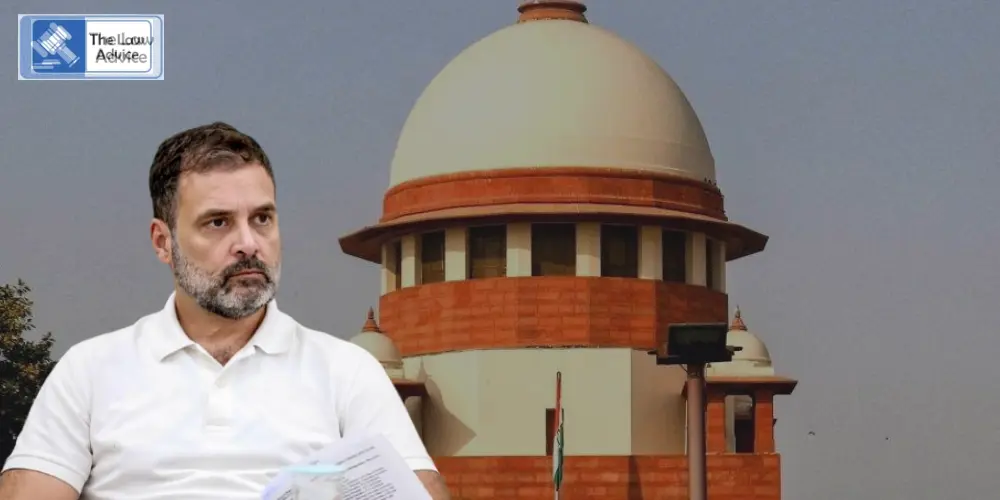
The Supreme Court on Friday refused to entertain a plea seeking a Special Investigation Team (SIT) probe into allegations raised by Leader of Opposition Rahul Gandhi regarding alleged manipulation of voters’ lists in Bengaluru Central constituency during the 2024 Lok Sabha elections.
A bench of Justices Surya Kant and Joymalya Bagchi directed the petitioner to approach the Election Commission of India (ECI) instead. The petitioner’s counsel informed the Court that a representation had already been submitted to the ECI, which has yet to act. Despite this, the bench declined to intervene and disposed of the petition, stating that the petitioner “may” pursue the matter before the ECI. A request to fix a timeline for the Commission’s decision was also rejected.
“We have heard the petitioner’s counsel. We are not inclined to entertain this petition, which claims to be filed in public interest. The petitioner may pursue the matter before the ECI, if so advised,” the Court observed.
The plea, filed by Rohit Pandey, also sought a direction to halt further revision or finalization of electoral rolls until an independent audit is completed and compliance with Court directions is ensured. It further requested the Court to direct the ECI to issue binding guidelines for transparency, accountability, and integrity in the preparation, maintenance, and publication of electoral rolls, including measures to detect duplicate or fictitious entries. The petitioner urged that electoral rolls be made publicly available in machine-readable, OCR-compliant formats for effective verification and scrutiny.
The petition referred to Rahul Gandhi’s press conference on August 7, where he highlighted alleged voter list manipulation in the Mahadevapura assembly segment of Bengaluru Central. Rohit Pandey claimed that his independent verification corroborated the allegations, revealing prima facie evidence of systemic distortions potentially undermining lawful votes.
According to the petition, 40,009 invalid voters and 10,452 duplicate entries were found in the constituency. Instances included individuals possessing different EPIC numbers across states, multiple voters sharing identical addresses and fathers’ names, and about 80 voters in one booth listing the same small house as their address. Such anomalies, the petitioner argued, cast serious doubts on the authenticity of the electoral rolls and suggested the possibility of bogus voting.
The petitioner contended that these irregularities undermine constitutional guarantees under Article 326 (universal adult suffrage), violate Article 324 (superintendence of elections by the ECI), and infringe Articles 14 and 21, which safeguard equality before law and the right to participate in democratic governance. Large-scale tampering, if proven, would erode the principle of “one person, one vote” enshrined under Articles 325 and 326, diluting the value of lawful votes and violating equality and due process.
Case Details: Rohit Pandey v. Union of India and Others | Diary No. 46726/2025
Website designed, developed and maintained by webexy